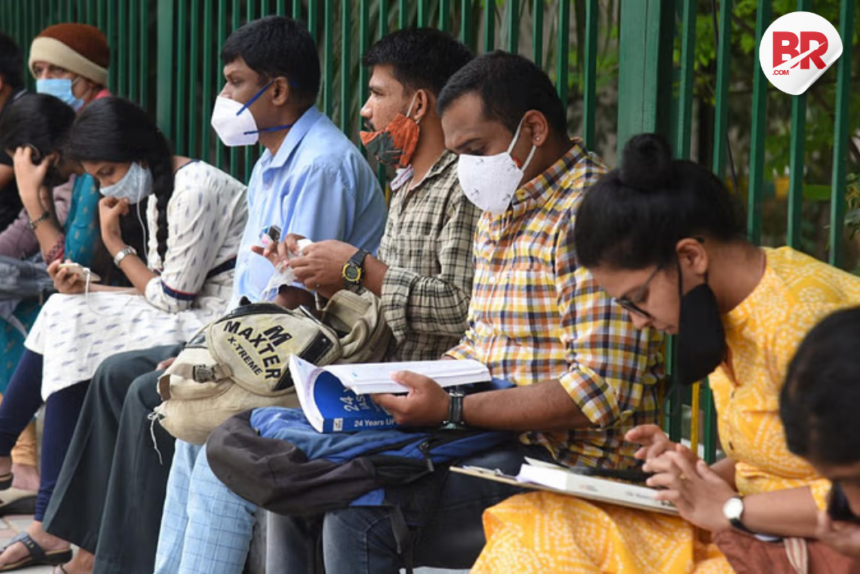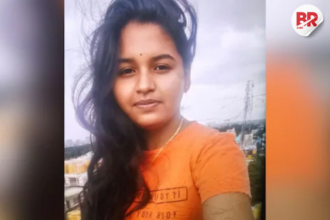
The UPSC CSE Results 2024 have been officially announced by the Union Public Service Commission. The top rank this year has been secured by Shakti Dubey, who now stands at the pinnacle of India’s most prestigious examination. The full results are available on upsc.gov.in, where thousands of aspirants can now check if they made the cut.
More than just a list of names, these results represent years of preparation, sleepless nights, and relentless revision.

With Shakti Dubey at the top, followed by Harshita Goyal (Rank 2) and Dongre Archit Parag (Rank 3), the Class of 2024 showcases India’s intellectual diversity and competitive excellence.
What This Means for India
Every year, the UPSC CSE selects future leaders of India—IAS, IPS, IFS officers who will shape national policy, enforce the law, and engage in international diplomacy. So when we say Shakti Dubey topped the exam, we don’t just mean a test. We mean he’s now on track to hold positions that directly influence the future of Indian society.
This isn’t just about scoring high. It’s about entering a life of service, with real responsibilities in a country where public systems are both lifelines and battlefields. As these future officers prepare to take charge, the nation watches—with hope and high expectations.
And let’s be real—clearing UPSC is like winning the IPL, only with more books and less glitter.
Also Read Ramdev’s ‘Sherbet Jihad’ Comment Gets Slammed by Delhi HC – What’s at Stake?
How to Check the UPSC CSE 2024 Results
If you appeared for the exam, here’s how to check your results quickly:
- Go to upsc.gov.in – the official UPSC site.
- Click on the link titled “Final Result: Civil Services Examination, 2024.”
- Download the PDF result file.
- Search for your name or roll number using Ctrl+F.
- Save the document for future reference.
Whether your name is on the list or not, take a breath. Celebrate, reflect, regroup.
What Happens After the Result?
The real journey begins now for successful candidates. Those who’ve cleared the exam will head to Lal Bahadur Shastri National Academy of Administration (LBSNAA) in Mussoorie for foundational training.
From there, based on rank and preferences, candidates will be allocated to services like:
- Indian Administrative Service (IAS)
- Indian Police Service (IPS)
- Indian Foreign Service (IFS)
- And other Central Civil Services
This phase trains them not just in policy and law but in empathy, decision-making, and leadership—because running a district is less about knowing rules and more about handling people.
Also Read The Future of Healthcare: Will AI Cure All Diseases? DeepMind’s Surprising Take
Why the UPSC CSE Matters
The UPSC Civil Services Examination is more than a career launcher. It’s a social elevator. It brings together students from big cities and remote villages, from IITs and humanities colleges alike.
It’s also notoriously tough—3 stages, a year-long process, and a success rate that would make lottery tickets blush. Yet every year, lakhs apply. Why? Because despite its flaws, the exam still represents a belief: that talent, preparation, and determination can open doors to nation-building.
It’s less a test of memory and more a test of mindset.
A Beacon for Aspirants
Shakti Dubey’s success story will likely inspire the next generation of aspirants. But it’s not just about him. Every name on that result sheet has a story—of failure, second attempts, sacrifices, and sheer resilience.
As we look ahead, we can only hope that this new batch of officers doesn’t just chase ranks but truly embraces the responsibilities that come with them. India needs sharp minds—but also kind hearts, ethical choices, and fearless service.
For those who didn’t make it this year: this isn’t the end. It’s just intermission. Dust off, regroup, and go again.
Also Read Saudi Kashmir Stance Shifts: India’s Diplomatic Win, Pakistan Left in the Lurch












